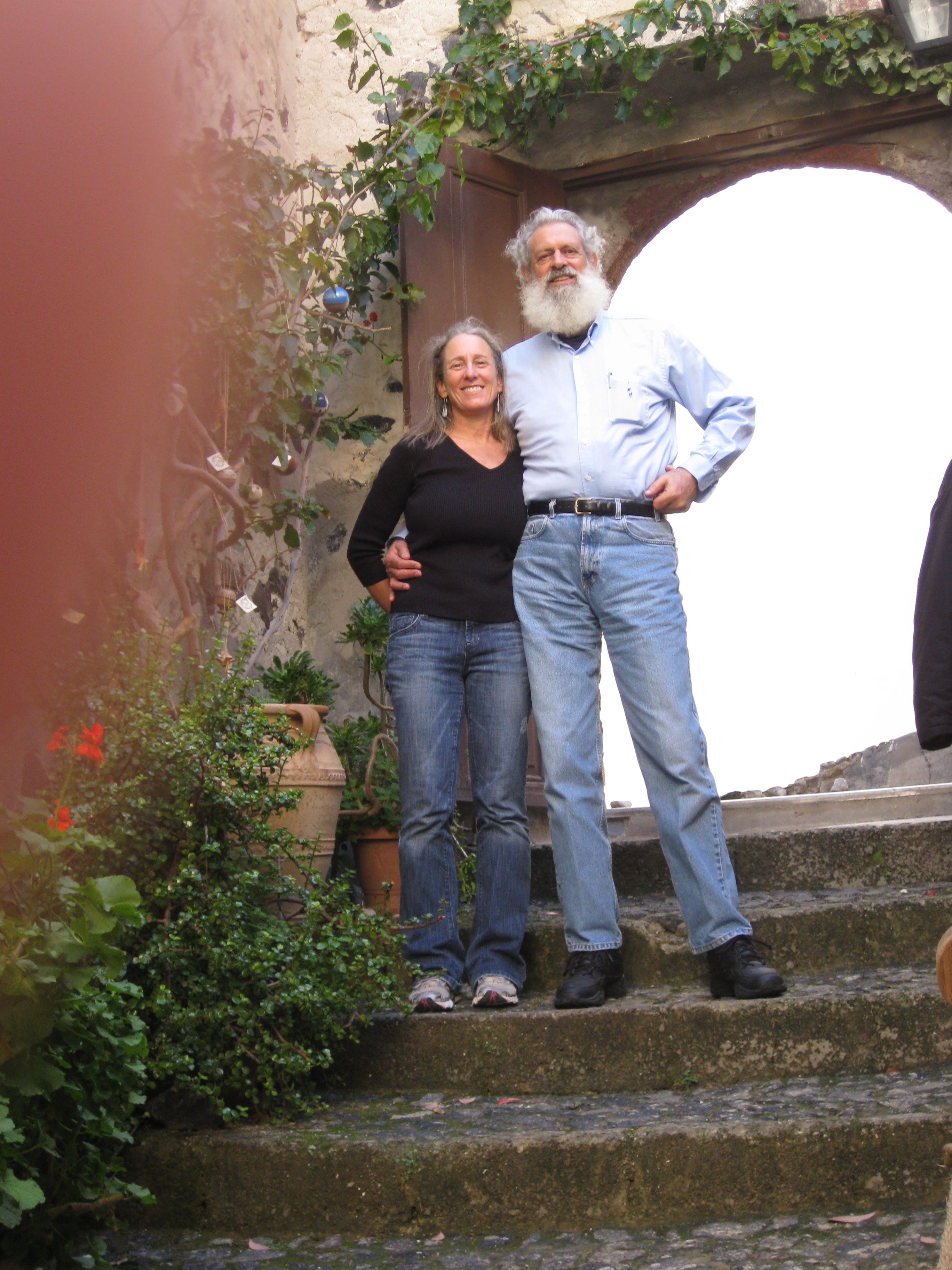The Conversation Project Sabbath
I had the conversation with my spouse.
On July 14, 2014, my husband David and I sat down with our children to disseminate and discuss our healthcare advanced directives as a family. It was David’s 69th birthday; he died about 2 months before his 70th. David had endured several years of ill health, culminating in the removal of a kidney. In June, the month prior, we received the news that the cancer had metastasized to his bones. As a couple, we wanted to make sure that all of the children understood our desires for end of life care. We were incredibly grateful that we had had the foresight to discuss a broad variety of medical treatment options dispassionately, years before there was any urgent medical necessity. Suddenly those decisions became radically more real.
During the next 10 months, David endured 2 different rounds of chemotherapy, neither of which had the desired effect of stopping the cancer which was destroying his bones and causing pain that would be unbearable to most normal human beings. I recall more than once remarking that I didn’t know how he could bear the agony of trying to move while his bones were crumbling. Radiation impacted his ability to swallow and to enjoy food, which became a non-option anyway once he had a feeding tube inserted at the end of the summer. We watched him fight and waste away, fight and waste away, yet always with the hope that one more treatment would be successful where others had failed.
We had talked about nutrition and hydration at the end of life, about ventilators and surgical intervention in the face of terminal illness, but we had not addressed the fundamental question that The Conversation Project urges us to consider- “What matters to you most at the end of life?” Dr. Atul Gawande, author of Being Mortal and a leading thinker about the role of the medical profession in caring for patients whose time is limited, reminds us that people have a broad variety of concerns besides prolonging their lives.
Doctors are trained to view death as the enemy and to battle on until the end. Yet, at some point, the battle was lost. Much as we respected David’s oncologist, among David’s final words were, “Why didn’t he tell me it was so bad?” Why indeed. David died on Tuesday May 19th; on Monday, just the day before his death, he had been scheduled for an appointment to talk about an experimental treatment. He never made it to that appointment. Instead, we called hospice, we called the family, and he died, per his request, at home, in his own bed.
Gawande quotes an essay by Stephen Jay Gould who expresses reservations regarding the “trendiness” of accepting death. Gould contends, in the face of his own terminal illness, that there is nothing wrong with “raging against the dying of the light.” Gawande counters that, while there is nothing wrong with sustaining hope, it is problematic if it prevents us from preparing for the more likely outcome. He writes, “We’ve created a multimillion-dollar edifice for dispensing the medical equivalent of lottery tickets- and have only the rudiments of a system to prepare patients for the near-certainty that those tickets will not win. Hope is not a plan, but hope is our plan.”
The Conversation Project is an important first step in considering what we each might value most if we have the luxury of knowing that our time is limited. What would be a good enough day to want to go on, and what is the tipping point where we would be ready to let go? The answer will be different for each of us, and we must have the conversation now. Pam Ruzi, a pediatric social worker with Hospice of the Valley, and a member of Temple Chai and our think-tank for tonight’s event, put it starkly- “Everybody is afraid. The doctor and the patient.”
I think about what might have been different in David’s life and the life of our family had we understood how close his end was. I regret that we didn’t have the opportunity to talk about that, to look each other in the eye and open our hearts and just consider- what will make today the best day possible? I believe we might have made different decisions and not chased cures that were the medical equivalent of that winning lottery ticket.
I know that David felt loved until the very end, that he enjoyed the best possible support from friends, family, and community. And, I wish that we had had more time to lay down our swords, to cease the raging battle, and to have quietly enjoyed more the time with which we were blessed.
I am thankful that our culture is changing and growing and learning. I am thankful for the incredible think tank here at Temple Chai that, under the leadership of Dr. Ron Fischler, has brought this conversation to our community. And I am thankful to each of you who will join us following the service tonight to hold each other’s hands as we begin The Conversation.

